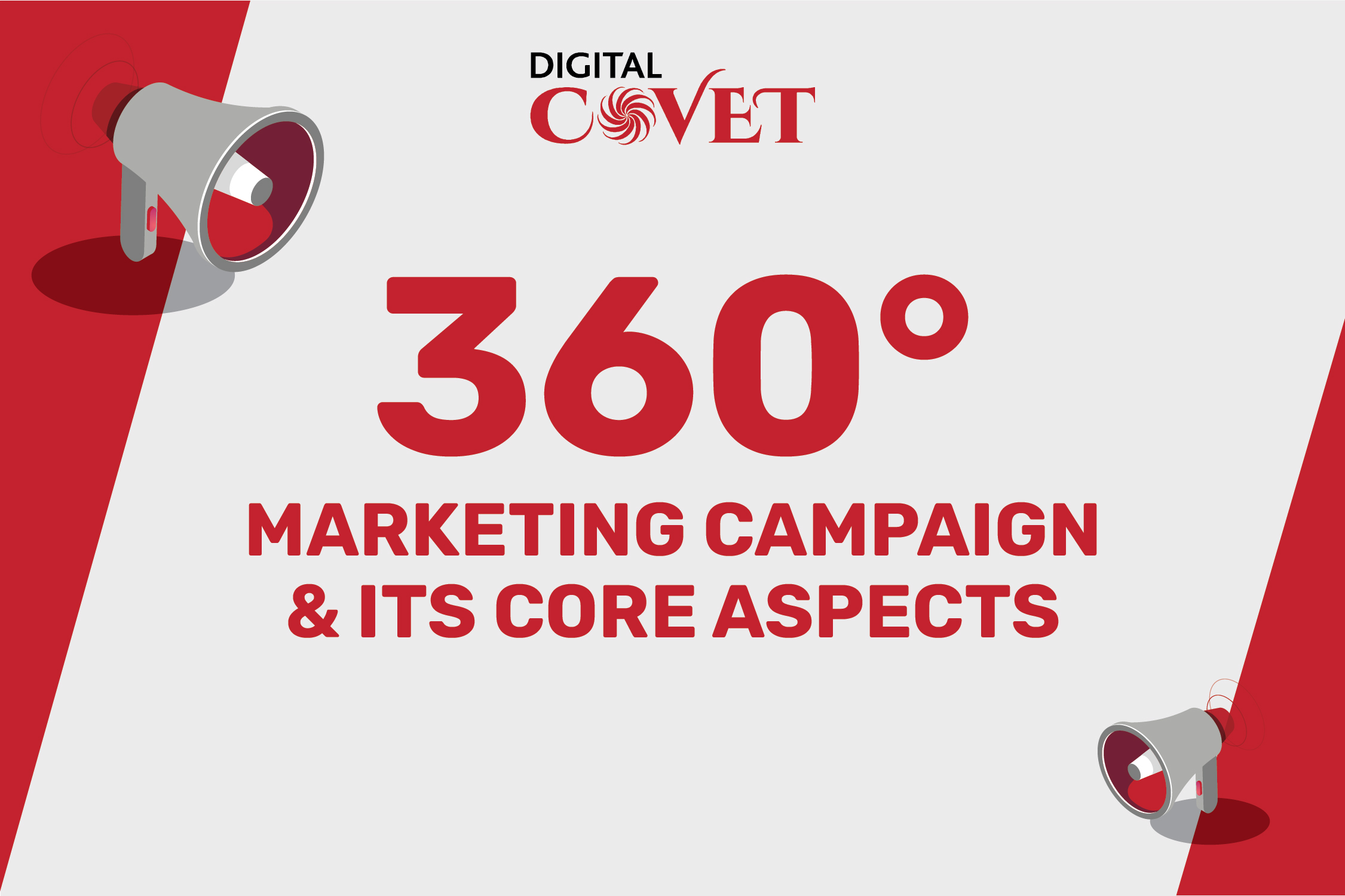|
Getting your Trinity Audio player ready...
|
The HEART framework encompasses Honesty, Empathy, Authenticity, Respect, and Trust, which collectively serve as a robust foundation for building meaningful and effective marketing strategies. By integrating AI into this framework, businesses can enhance these core values, leading to more impactful marketing efforts and fostering stronger, long-lasting relationships with customers. Leveraging AI technologies can enable personalized and targeted marketing approaches, improve customer engagement, and ultimately drive better business outcomes. This integration allows for the delivery of more relevant and timely content to customers, creating a more authentic and empathetic connection with the target audience.
1. Honesty: Ensuring Transparent and Accurate Communication
AI-Powered Content Verification:
- Fact-Checking Tools: To uphold the accuracy and integrity of all marketing content, it is advisable to incorporate AI-driven fact-checking tools into the content creation process. Tools such as Grammarly and Copyscape can be instrumental in verifying facts, detecting any inaccuracies, and maintaining the overall integrity of the content. By leveraging these tools, you can enhance the quality and reliability of your marketing materials, thereby building trust with your audience.
- Transparency Bots: To enhance customer experience and provide accurate information, consider implementing AI chatbots. These chatbots are capable of addressing frequently asked questions, delivering detailed product information, and offering real-time transparency. By utilizing AI chatbots, businesses can ensure that customers receive prompt and reliable assistance whenever they need it.
Data Analytics for Honest Insights:
- Customer Feedback Analysis: Leverage the power of AI to thoroughly analyze customer feedback and reviews, gaining deep insights into their authentic perceptions and experiences with your products or services. By harnessing AI technology, you can identify patterns, trends, and sentiment within the feedback, enabling you to make genuine and impactful improvements. This approach also allows you to communicate transparently with your customers about the changes made, fostering a stronger sense of trust and loyalty.
2. Empathy: Understanding and Addressing Customer Needs
Sentiment Analysis:
- Emotional AI: Leverage sentiment analysis tools to analyze and interpret customer sentiments, emotions, and opinions expressed on various social media platforms and other channels. By utilizing these tools, you can gain valuable insights into the specific needs and concerns of your customers. This allows you to tailor your marketing messages in a more empathetic and personalized manner, thus strengthening your connection with your target audience.
- Personalized Marketing: AI has the capability to process and analyze extensive customer data, enabling the creation of exceptionally tailored marketing campaigns. These campaigns are designed to deeply resonate with each individual customer on an emotional level, thereby nurturing a stronger and more meaningful connection.
Chatbots and Virtual Assistants:
- 24/7 Support: Consider integrating AI chatbots and virtual assistants into your customer service strategy to ensure round-the-clock, empathetic, and responsive support. These advanced tools are designed to promptly address customer inquiries and concerns, showcasing your brand’s commitment to meeting their needs and providing exceptional service.
3. Authenticity: Building Genuine Brand Relationships
Content Generation:
- AI-Generated Content: Employ AI to generate authentic and compelling content that reflects your brand’s voice and values. Tools such as Jasper and Writesonic can assist in creating blog posts, social media updates, and email newsletters that deeply resonate with your audience.
- User-Generated Content (UGC): Utilize artificial intelligence to sift through and showcase authentic user-generated content. This content can encompass a range of materials, such as customer testimonials, reviews, and social media posts that offer real insights into customer experiences.
AI-Driven Storytelling:
- Narrative Analysis: AI has the capability to analyze effective storytelling techniques and provide support in developing genuine brand narratives that deeply connect with your target audience. This involves the creation of captivating and meaningful stories that revolve around your brand’s history, values, and mission.
4. Respect: Valuing Customer Privacy and Preferences
Data Privacy:
- AI for Data Protection: Leverage the power of cutting-edge AI technologies to safeguard and ethically manage customer data. By employing sophisticated tools designed to proactively identify and mitigate potential data breaches, you can successfully uphold and reinforce customer confidence in the secure handling of their data.
- Consent Management: Utilize advanced AI technology to effectively and meticulously handle customer consent preferences, thereby guaranteeing that all marketing communications consistently honour the specific choices and privacy of each individual customer.
Personalization Without Intrusion:
- Ethical Personalization: AI has the ability to tailor marketing strategies to individual preferences without being overly intrusive. This is achieved by utilizing anonymized data and honouring privacy preferences. By doing so, AI ensures that the process of personalization is respectful and does not encroach upon personal boundaries.
5. Trust: Establishing and Maintaining Credibility
Predictive Analytics:
- Customer Insights: Utilize AI to accurately predict customer behavior and preferences with confidence. By comprehensively understanding and anticipating their needs, you can confidently develop marketing strategies that establish and uphold trust.
- Performance Tracking: AI can track and analyze the performance of marketing campaigns in real-time, providing insights into what works and what doesn’t. This transparency helps in building trust with your audience.
Fraud Detection:
- AI for Security: By implementing advanced AI-driven fraud detection systems, you can effectively protect your customers from various fraudulent activities, such as identity theft, unauthorized transactions, and other forms of financial fraud. This not only enhances your brand’s reputation as a trustworthy and secure entity but also helps in building customer trust and loyalty. AI-powered fraud detection systems analyze large volumes of data in real-time, enabling quick identification and prevention of fraudulent behavior. Additionally, these systems can continuously learn and adapt to new fraud patterns, ensuring that your customers are always well-protected.
Implementing AI within the HEART Framework
Train Your Team: It’s important to ensure that your marketing team is well-versed in using AI tools ethically and effectively. Provide comprehensive training on how to leverage AI while adhering to the HEART principles, which include human-centered, ethical, accessible, respectful, and transparent practices.
Monitor and Adjust: It’s crucial to continuously monitor the impact of AI-driven marketing efforts and make proactive adjustments as needed to stay true to the HEART framework. This involves regularly analyzing data, gathering feedback, and adapting strategies to ensure that they align with ethical and customer-centric standards.
By integrating AI into your marketing strategies with a focus on the HEART framework, you can create more meaningful connections with your customers, foster loyalty, and drive long-term success. This approach fosters trust, ensures inclusivity, and promotes a positive brand image, ultimately leading to enhanced customer satisfaction and sustained business growth.





